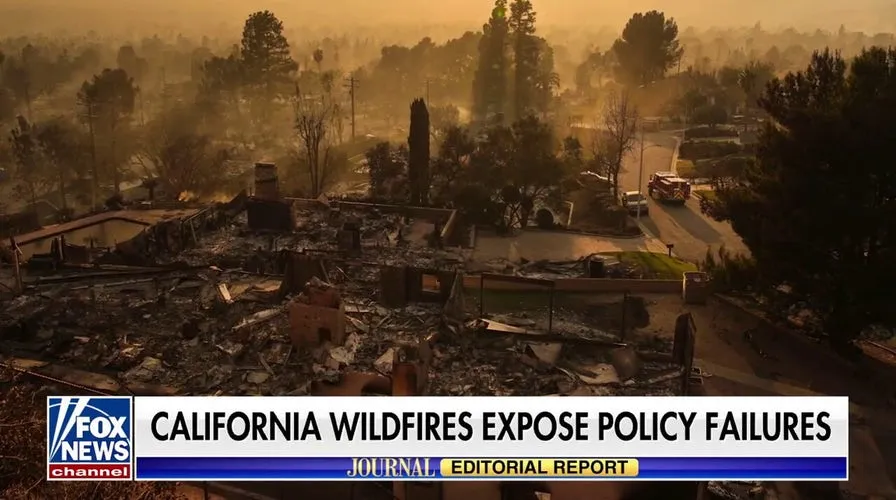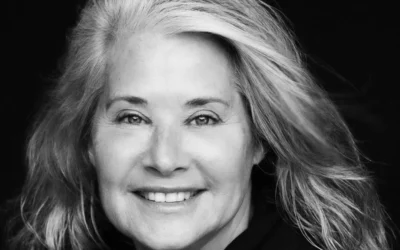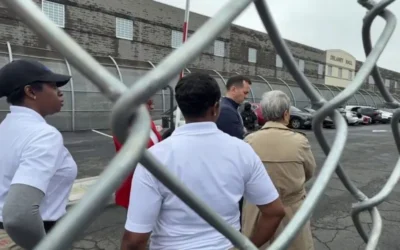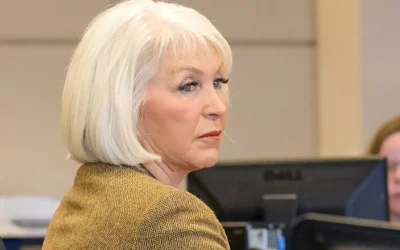Mandy Moore, acclaimed actress and singer, has stepped into the spotlight recently to criticize the Los Angeles County government’s handling of the recovery process after devastating fires ripped through parts of the region. Four months after the destructive blazes, she expresses her discontent over the bureaucratic red tape that she claims is making it nearly impossible for residents to rebuild their homes.
The wildfires that swept through California have been ferocious, leaving a trail of devastation in their wake. Many families, like Moore’s, are now grappling with the aftermath: loss of property, displacement, and the emotional toil of rebuilding their lives from ashes. Yet, as Moore points out, their struggles are compounded not just by the damage done by natural elements but also by the bureaucracy that governs recovery efforts.
In a series of passionate statements over social media, the “This Is Us” star has taken aim at the county’s protocols, labeling them as “nonsensical” and pointing out that they seem ill-equipped to address the urgency of recovery following such disasters. “It’s maddening and heartless to see how the systems are not working for the people who desperately need them right now,” she stated in a recent interview. Her sentiments resonate with many others who find themselves hindered by similar obstacles.
The Rebuilding Process: A Roadblock for Many
Moore, who lost her house to the fire, details her frustration with the regulations and processes that are supposed to facilitate rebuilding efforts. According to her, homeowners are met with a barrage of forms and requirements that seem to prolong an already painstaking process. “Every day feels like a battleground with no clear path to victory. Those of us who suffered losses are left feeling helpless against a system designed to protect, yet it ends up isolating us further,” she added.
The “A Walk to Remember” star has been vocal not only for her own situation but also for the countless families who are enduring similar fates. “We can’t keep waiting for answers from bureaucracy that moves at a snail’s pace while we’re left holding the pieces of our lives. The fire didn’t wait for permission to destroy. Why should we have to wait to rebuild?”
Impact of Wildfires on the Community
The impact of the wildfires and subsequent bureaucratic challenges extends beyond individual homeowners. For communities, recovery is equally urgent. In areas that were severely affected, businesses have also suffered significant losses. The once-thriving local economy has taken a hit, with storefronts that may not reopen due to financial strain.
The absence of quick recovery processes hampers not just personal restoration but also community revitalization. For many, the emotional stress of loss is compounded by economic disenfranchisement as businesses cannot recover without customers. Moore highlights the importance of fostering a collaborative approach that includes swift support from local government to help those affected rebuild their lives and livelihoods.
Advocacy and Mobilization
In the wake of her public statements, Moore has mobilized efforts to establish pressure on local authorities to improve the speed at which recovery systems operate. She has been using her platform to raise awareness surrounding the issues and has been in touch with advocacy groups pushing for legislative changes to streamline the rebuilding process.
“It’s a humanitarian crisis when people are left in limbo like this. I’m not just frustrated for myself, but for every single family that needs support and guidance in the wake of disaster,” she said. Her activism reflects a larger trend of celebrities leveraging their influence to advocate for critical issues, galvanizing public attention, and hopefully pushing lawmakers to act.
Government Response: Challenges Ahead
As Mandy Moore’s outcry garners attention, officials in Los Angeles County have begun to respond. While they acknowledge the challenges the rebuilding process poses, some local leaders are urging patience, citing the complexities of regulations and the need for thorough assessments to ensure safety and compliance. However, many residents like Moore argue that the process should be expedited, especially when lives and homes are on the line.
This raises essential questions about the adequacy of the current framework employed in disaster recovery. Former victims of natural disasters often see bureaucracy as a barrier rather than a facilitator. Moore’s willingness to speak publicly crystallizes the frustrations of many.
Personal Calculations and the Road Ahead
For Mandy Moore, the stakes are profoundly personal. She has openly shared about the emotional toll of losing a home, the memories tied to it, and her family’s aspirations. The reality of facing the unknown while dealing with the weight of bureaucratic delay is daunting.
“It’s not just about rebuilding a structure; it’s about reconstructing a sense of home, a sense of peace and safety, and that takes time and support that is currently woefully lacking,” she expressed.
Moore’s journey does not only involve confronting the legalities of rebuilding but also finding emotional closure and a renewed sense of belonging in a city that feels foreign and hostile in its current state. As her advocacy continues, many are watching to see if her voice can help stir the change necessary to improve not just her own circumstances, but the rebuilding processes for everyone affected by such disasters.
Final Reflection
As fires rage and devastate homes and communities, the work of recovery should be prioritized. Beyond the ashes, families like Mandy Moore’s are living testaments to resilience but also highlight the necessity for responsive governance. Financing clarity, prompt permits, and transparent communication are vital to ensure that rebuilding can be a reality, not a drawn-out promise.
Mandy Moore’s bold stand reiterates the urgency felt by many in the community waiting to reclaim their lives. Her call to action sheds light on systemic issues, inspiring not just awareness but underscoring the collective responsibility we have to support communities in their most vulnerable moments. Only through immediate and collective action can we hope to rebuild what was lost, both physically and emotionally.







